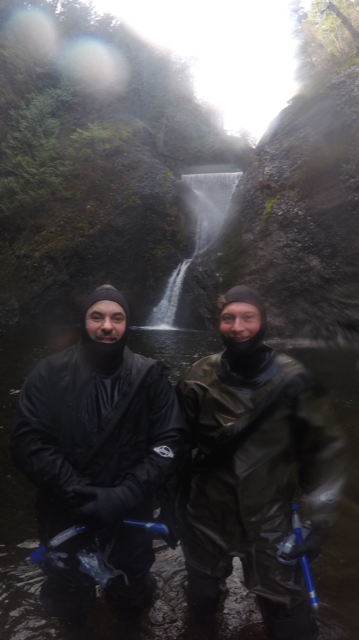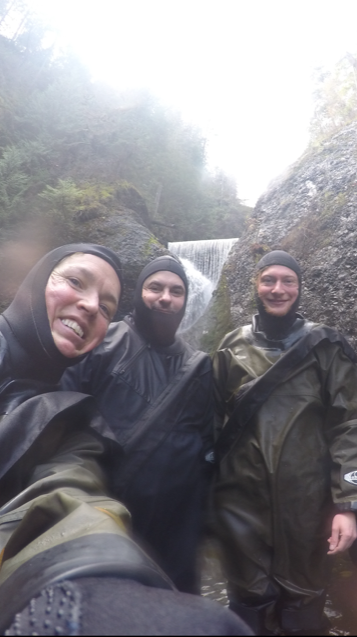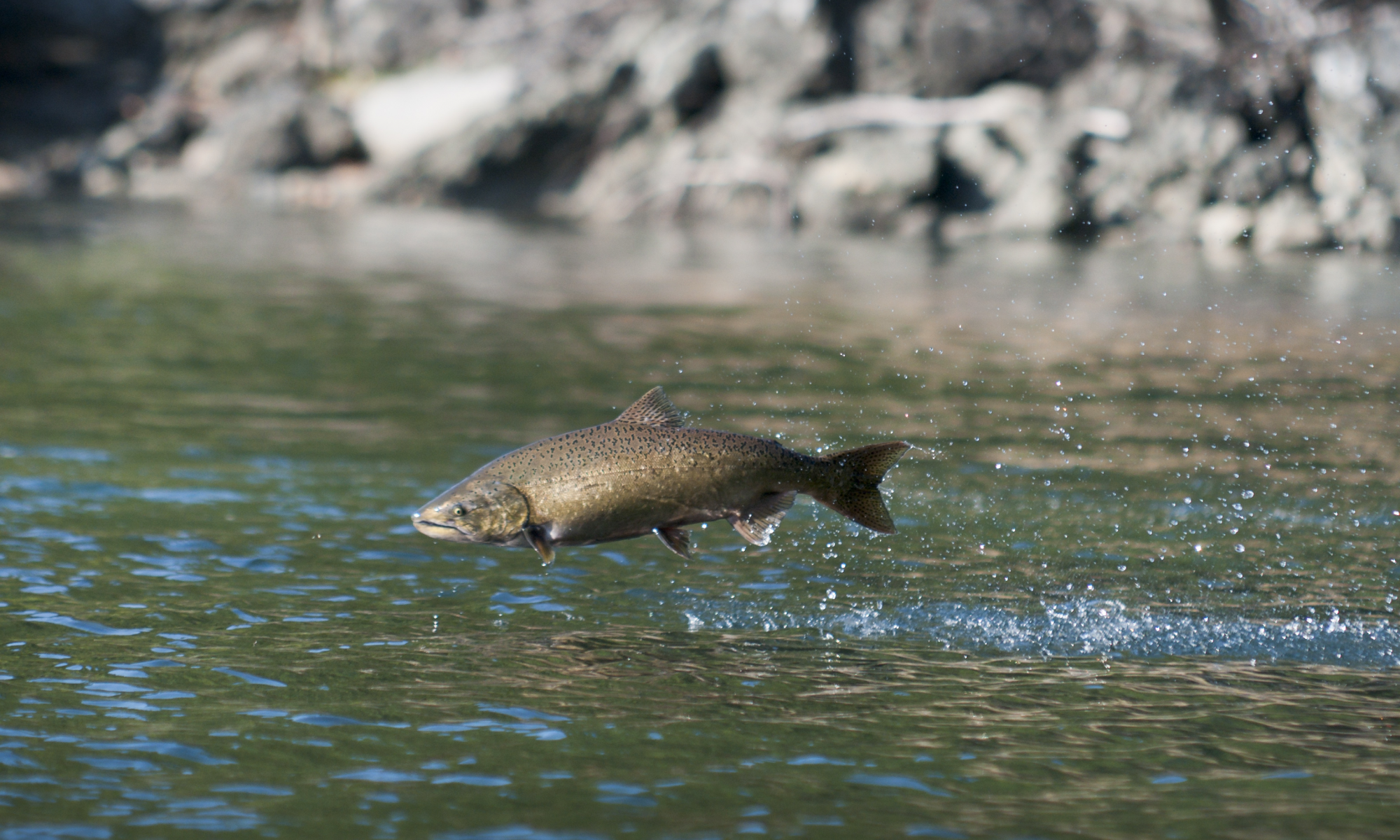A Lesson in Salish Sea Salmon Restoration
Sustainability and the health of our Salish Sea and waterways has long been an area of focus for the ownership and staff at Ray’s Boathouse. We’ve always worked to educate our team about what they are serving, where it came from and how it was caught or harvested. We visit our fishermen and women and other purveyors to see where our product comes from and how they run their businesses.
In the last year we partnered with non-profit Long Live the Kings (LLTK) to take an even larger role in the welfare of our local salmon runs so that generations to come can enjoy fresh wild salmon as we have. We are shifting our focus from one of sustainability to one that ensures our salmon populations increase as our city and infrastructure continues to grow and change.
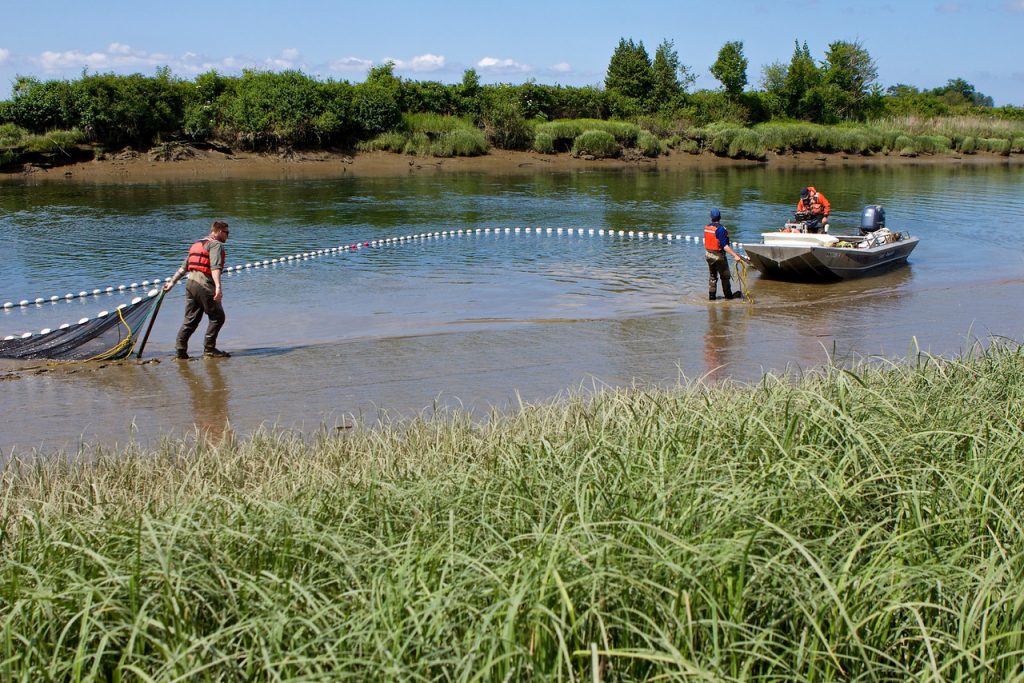
Everything LLTK does is on behalf of improving the health and habitats of local salmon including three main areas: advancing science, improving management and implementing solutions.
Recently our team had the opportunity to sit down with the Executive Director of LLTK, Jacques White, for a lesson in salmon sustainability and the current state of our local runs, as well as updates regarding the Southern Resident Killer Whale Recovery Task Force which is helping to ensure they have enough wild salmon to survive.
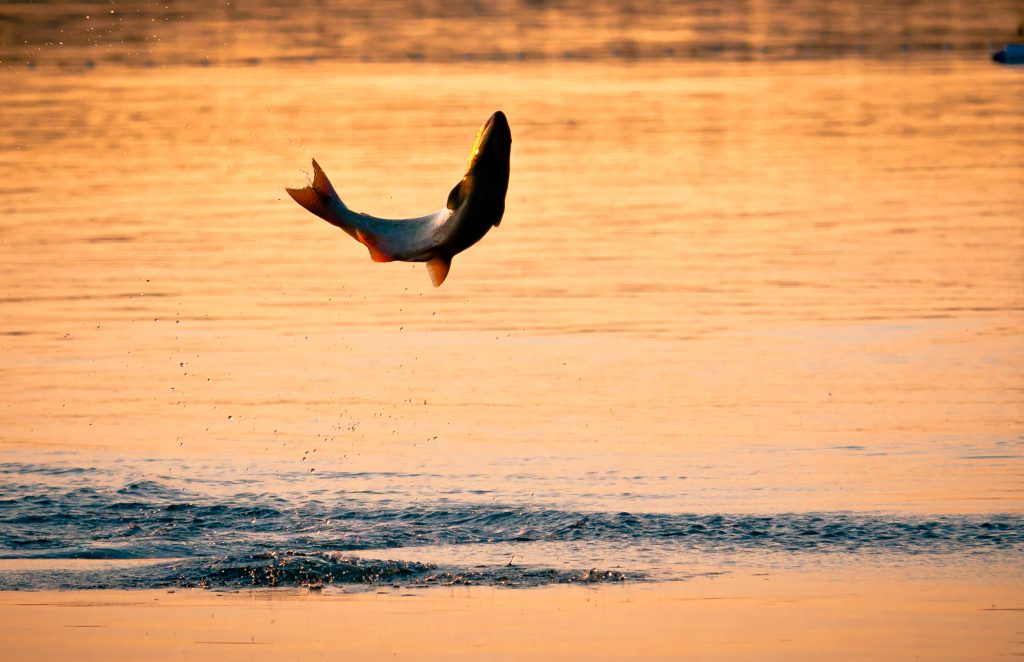
In the early 1980s there were nearly 1,000,000 Chinook salmon harvested here compared to about 200,000 in 2010. The biggest factors affecting Salish Sea salmon populations are:
- Food sources (zooplankton and other salmon friendly nutrients)
- Pollution
- Noise
- Predators
- Infrastructure
Each of these plays a role in the reduction of salmon for various reasons and when compounded it’s easy to see why our local salmon are suffering.
There is no quick solution to this issue, but they have seen positive results in recent years including the ongoing restoration of Hood Canal summer chum. These fish were nearly extinct by the early 1990s but with the help of LLTK operating a conservation hatchery program to increase the abundance of naturally spawning summer chum, the number of adults returning to these rivers annually has increased from the 100s to well over 2,000.
LLTK is also actively involved in the Southern Resident Killer Whale Recovery Task Force developed recently to address population concerns for these whales. The task force made recommendations to Governor Inslee to protect orcas and aid in their recovery with 11 of the 36 recommendations influenced by LLTK’s Salish Sea Marine Survival Project!
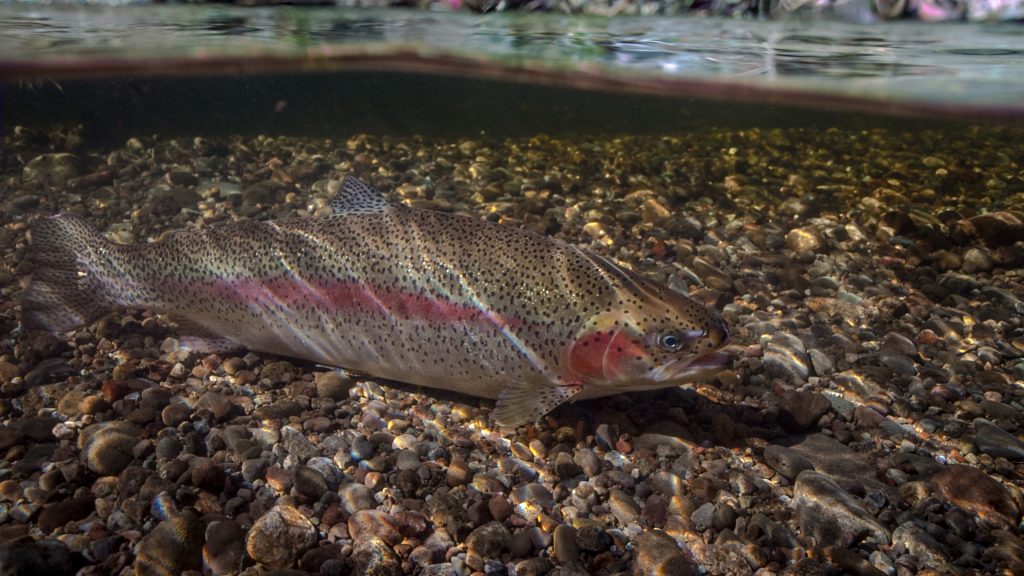
Ray’s is dedicated to this cause and doing what we can to increase the populations of our local salmon. For us it starts at the team level getting everyone at Ray’s to understand the issues at hand and to be able to educate our guests.
We invite you to learn more and get involved in this journey with us at LLTK.org.
Images courtesy of Long Live the Kings.

